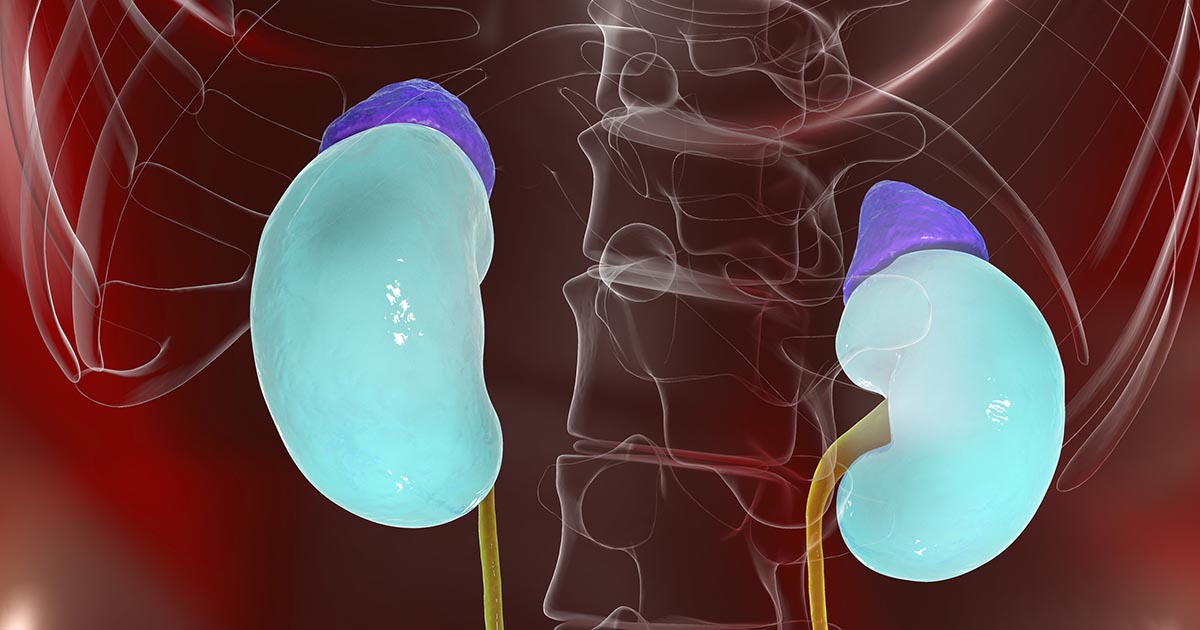Guide To Pantothenic Acid
Pantothenic acid, which is also called vitamin B5, is an essential vitamin. It helps manufacture red blood cells and stress hormones. Most vegetables, including potatoes, broccoli, and cabbage, contain vitamin B5. Whole-grain cereal is often an excellent source as well. The recommended daily intake is five milligrams for patients who are fourteen years old and older. Women who are pregnant or breastfeeding are encouraged to consume seven milligrams daily. In the United States, pantothenic acid deficiencies are rare. Generally, they are only found in malnourished patients. Patients can have their vitamin B5 levels checked with a simple blood test. Supplements may be prescribed to treat deficiencies. They are available over-the-counter too.
Individuals may take pantothenic acid supplements for acne. They may also be helpful supplements for adrenal gland health. Some patients report that it helps them achieve arthritis pain relief too. However, patients should understand how this vitamin works to ensure that they are safe, effective, and they buy the best vitamin B5 supplements for their needs.
How It Works

Pantothenic acid is one of the water-soluble vitamins. It is an integral part of the synthesis of an enzyme called coenzyme A (CoA). Coenzyme A is used in the body's citric acid cycle. This process breaks down carbohydrates, lipids, and other nutrients to use them for energy. Most vitamin B5 supplements at pharmacies contain pantothenol. When patients take these supplements, their body converts the pantothenol into pantothenic acid. Calcium pantothenate, a type of salt, may be added during the manufacturing process. This salt helps protect the potency of the supplements. It also reduces the risk of deterioration due to heat or acid.
Learn about the uses and benefits linked to this supplement next.
Uses And Benefits

As one of the B vitamins, pantothenic acid helps the body convert protein, fats, and carbohydrates from food into energy. It is an essential nutrient for skin, eye, and hair health. Vitamin B5 also supports the proper function of the liver and the nervous system. It is vital for red blood cell production. It helps the adrenal glands make stress and sex hormones as well. Vitamin B5 supplements are used to treat or prevent deficiencies in this vitamin. For individuals with low levels of vitamin B5, supplementation can restore their levels to a healthy range. In addition, treatment may alleviate symptoms of this deficiency. These symptoms include headaches, fatigue, irritability, and impaired muscle coordination.
Some patients choose to take pantothenic acid to treat acne, allergies, pink eye, dermatitis, depression, leg cramps, low blood pressure, and yeast infections. Individuals may consider using it to treat obesity or premenstrual syndrome. These supplements may improve wound healing. However, this supplement has not been proven to be effective in treating any of these concerns. Instead of using an unproven treatment for these health issues, patients are encouraged to speak with a doctor about recognized and effective treatments. Individuals who wish to incorporate these supplements into their treatment plan should check with their doctor first.
Uncover the potential side effects of this vitamin supplement next.
